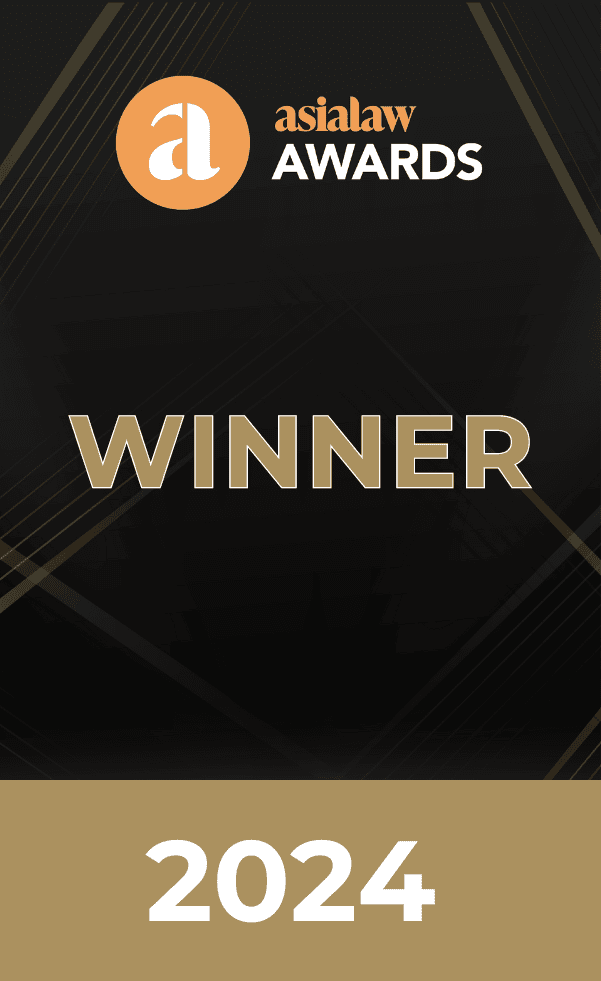Hong Kong’s proposed refinements on foreign source income exemption (“FSIE”) regime for passive income – Part 1
In response to its inclusion on the “watchlist” for non-cooperative jurisdictions for tax purposes by the European Union (“EU”), the Hong Kong government launched a consultation on the proposed refinements to Hong Kong’s FSIE regime for passive income, mapping out significant changes to address the EU’s concerns such that Hong Kong would not be “blacklisted” by the EU for tax purposes.
The amendment bill in relation to the proposed refinements will be introduced into the Legislative Council in October 2022. The Financial Services and the Treasury Bureau aim to secure the passing of the amendment bill by the end of 2022 and bring the refined FSIE regime into force from 1 January 2023. The Inland Revenue Department will issue administrative guidance on requirements for exemptions and tax credits (please see part 2 below).
1. What is taxable and who is the taxpayer?
Covered income
Under the FSIE, offshore passive income is deemed to be sourced from Hong Kong and chargeable to profits tax if it is:
- interest, dividends, disposal gains or intellectual properties (“IP”) income (collectively, “In-scope Offshore Passive Income”);
- received in Hong Kong;
- by a constituent entity of an MNE group (a “Covered Taxpayer”); and
- the Covered Taxpayer fails to meet the relevant economic substance requirement or nexus approach requirements.
Covered taxpayer
The proposed refinements will only apply to multinational enterprise groups (“MNE”) which is defined under the Global Anti-Base Erosion (“GloBE”) Rules promulgated by the Organisation for Economic Co-operation and Development as “any group that includes at least one entity or permanent establishment that is not located in the jurisdiction of the ultimate parent entity”.
Hence, the proposed refinements are not applicable to: (1) stand-alone local companies, (2) purely local group companies or (3) individuals.
2. Exemptions and tax credit
According to the consultation paper, by meeting the relevant economic substance requirements or nexus approach requirements, or qualifying under the participation exemption, an In-scope Offshore Passive Income could still be exempt from profits tax.
Step 1 and 2: economic substance / nexus approach & participation exemption
| Interest | Dividends | Disposal gains | IP income |
|---|---|---|---|
|
Step 1 Can the covered income fulfill these requirements? 1a. If yes, the income would not be deemed taxable. 1b. If no: For interest and IP income, check if the income is qualified for foreign tax credit or unilateral tax credit (see Step 3 below). For dividends and disposal gains, check if the income is qualified for participation exemption (see Step 2 below). |
|||
|
Economic substance requirements
How is “substance” being measured?
|
Nexus approach requirements
Qualifying IP asset
Qualifying expenditures
Taxpayers may be permitted to apply a 30% uplift on the qualifying expenditures, subject to a cap equal to the overall expenditures incurred by the taxpayer |
||
|
Step 2 For dividends and disposal gains that are already deemed taxable, can the participation exemption requirements be fulfilled? 2a. If yes, the income can be exempt. 2b. If no, check if the income is qualified for foreign tax credit or unilateral tax credit (see Step 3 below). |
|||
| N/A |
Participation exemption
Anti-abuse rules
|
N/A | |
Step 3: double taxation relief – unilateral tax credit
For taxpayers who would suffer double taxation if they fail to get exemption under the refined FSIE regime, it is proposed that a unilateral tax credit will be provided to these taxpayers who paid tax in a jurisdiction which has not entered into a comprehensive avoidance of double taxation agreement with Hong Kong (“Non-CDTA Jurisdiction”).
The proposed unilateral tax credit will only be provided in respect of the In-scope Offshore Passive Income which is taxable under the refined FSIE regime. No such tax credit will be available for:
- In-scope Offshore Passive Income which is exempt from profits tax under the refined FSIE regime;
- Tax paid in a Non-CDTA Jurisdiction which relates to income other than the In-scope Offshore Passive Income; or
- Tax paid in a jurisdiction that has a tax treaty with Hong Kong (in such case tax credit would be made available under the tax treaty).
3. Conclusion
The change in Hong Kong’s FSIE regime is happening soon (possibly on 1 January 2023 as aforementioned) for Hong Kong to keep up with the latest international tax standards. While we await the introduction of the amendment bill, it is advisable for businesses to keep an eye on the latest developments, review the corporate structure with reference to the information currently available and consult a tax adviser if in doubt.
If you have any question regarding the topic discussed above, please contact our partner Victor Ng at victor.ng@oln-law.com for further assistance.
Disclaimer: This article is for reference only. Nothing herein shall be construed as Hong Kong legal advice or any legal advice for that matter to any person. Oldham, Li & Nie shall not be held liable for any loss and/or damage incurred by any person acting as a result of the materials contained in this article.
 香港中環雪厰街二號聖佐治大廈五樓503室
香港中環雪厰街二號聖佐治大廈五樓503室 +852 2868 0696
+852 2868 0696

















